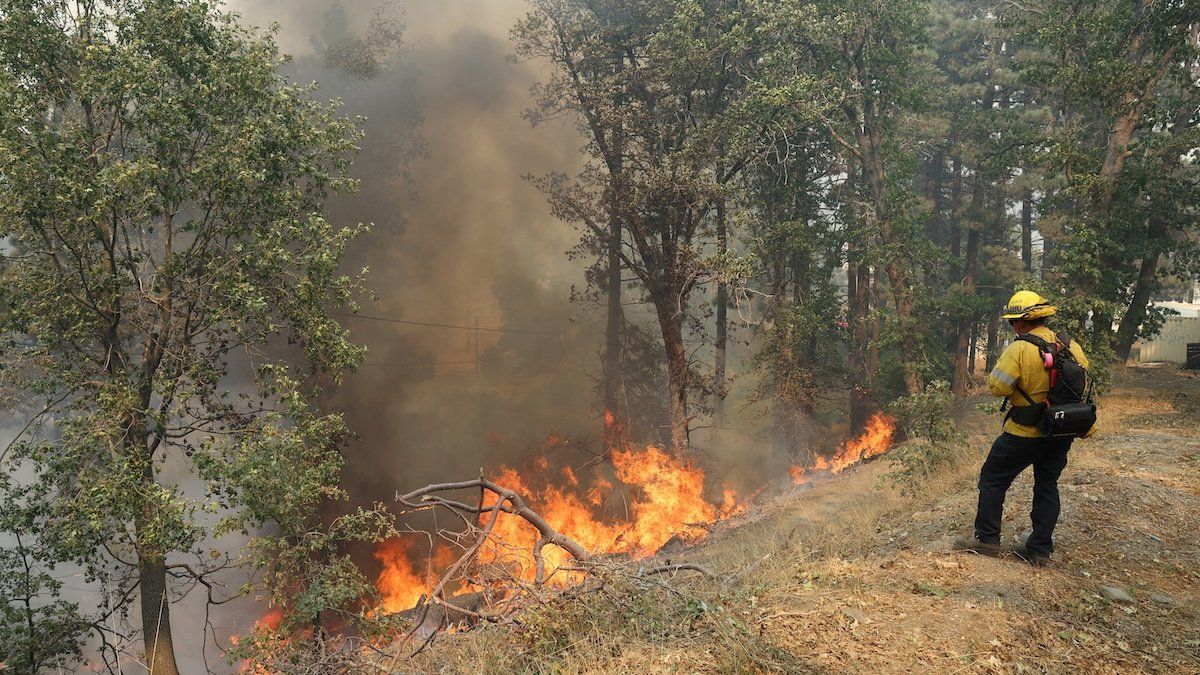A heat wave has got California scrambling to control three separate wildfires, one of which injured 13 people this week, a short-term crisis but part of a long-term challenge for homeowners and those who insure them.
In the Western United States, insurers are flat out refusing to insure some homes, and there is pressure on homeowners to take steps — like removing shrubs near their homes and widening driveways — to reduce the fire risk. The situation is not as dramatic for Canadian insurers, but the cost to the industry of wildfires is rising north of the border.
The insurance industry is not the only one dealing with the fallout from increased risks from climate-associated natural events. The Canadian tourism industry is coping with an “image problem” related to wildfires. Not only is it deprived of visitors in areas, like Jasper, when a fire is nearby, but places far from the fires are also suffering.
In spite of the rising economic problems posed by climate change, the issue seems to remain a lesser one in the minds of voters, judging from the messages of politicians. During Tuesday’s presidential debate, for example, Donald Trump did not acknowledge the threat, and Kamala Harris failed to make concrete commitments.
Trump has been skeptical of climate change, dismissing it as a hoax, while Harris supports public investments in the clean energy transition.
It appears to be anything but a ballot issue in the United States, likely because cost-of-living issues are top of mind, and the partisan division around the issue is so stark that it would not help Harris with the swing-state voters she needs.
